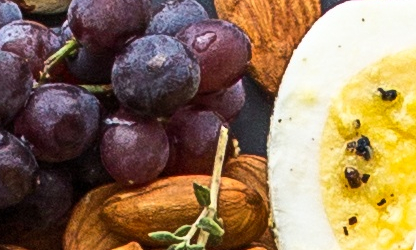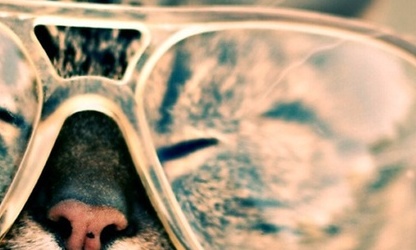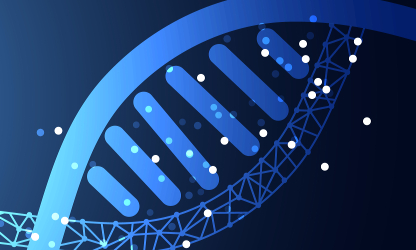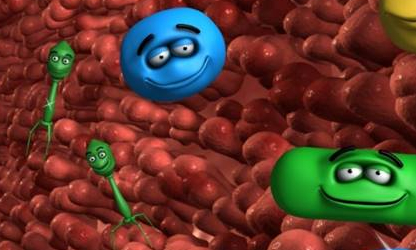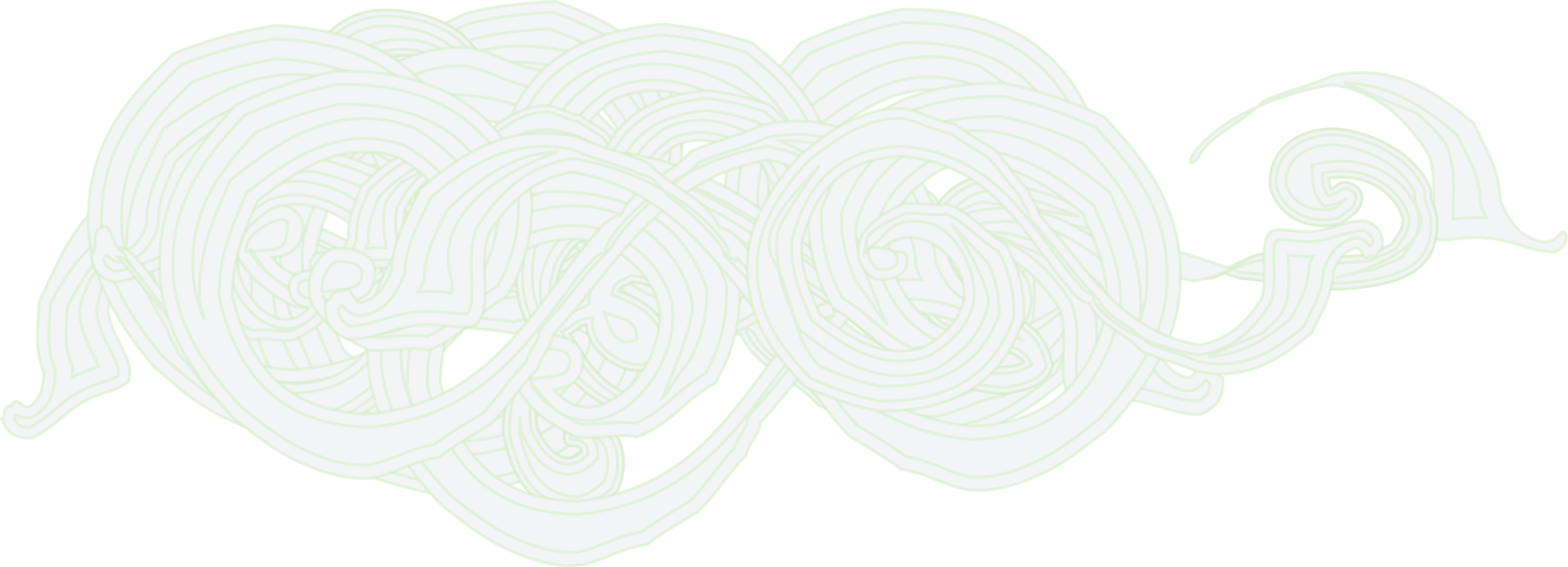
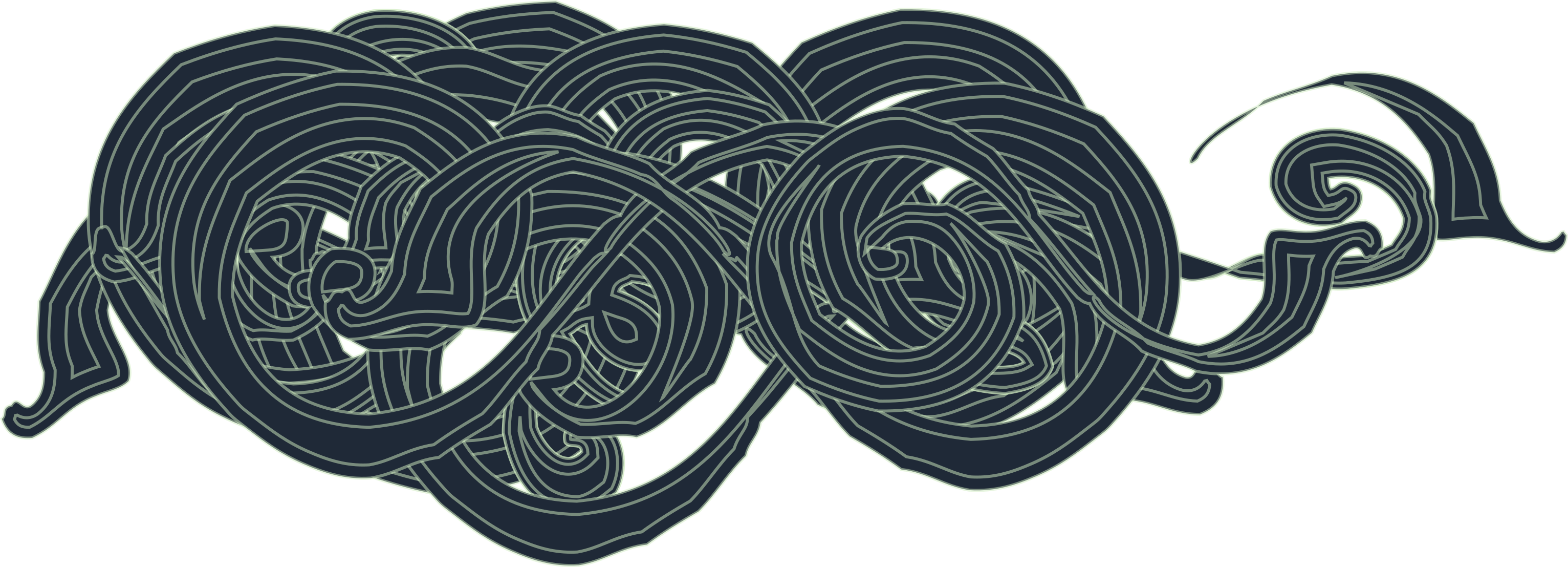
Bacteriophage administration significantly reduces Shigella colonization and shedding by Shigella-challenged mice without deleterious side effects and distortions in the gut microbiota
Bacteriophage, 2015
Mai V, Ukhanova M, Reinhard MK, Li M, Sulakvelidze A.
Abstract
We used a mouse model to establish safety and efficacy of a bacteriophage cocktail, ShigActive™, in reducing fecal Shigella counts after oral challenge with a susceptible strain. Groups of inbred C57BL/6J mice challenged with Shigella sonnei strain S43-NalAcR were treated with a phage cocktail (ShigActive™) composed of 5 lytic Shigella bacteriophages and ampicillin. The treatments were administered (i) 1 h after, (ii) 3 h after, (iii) 1 h before and after, and (iv) 1 h before bacterial challenge. The treatment regimens elicited a 10- to 100-fold reduction in the CFU’s of the challenge strain in fecal and cecum specimens compared to untreated control mice, (P < 0.05). ShigActive™ treatment was at least as effective as treatment with ampicillin but had a significantly less impact on the gut microbiota. Long-term safety studies did not identify any side effects or distortions in overall gut microbiota associated with bacteriophage administration. Shigella phages may be therapeutically effective in a "classical phage therapy" approach, at least during the early stages after Shigella ingestion. Oral prophylactic "phagebiotic" administration of lytic bacteriophages may help to maintain a healthy gut microbiota by killing specifically targeted bacterial pathogens in the GI tract, without deleterious side effects and without altering the normal gut microbiota.
Target
Shigella spp.
Food Group
Animal Study
Food Product
Inbred male C57BL/6J mice
Product
Inbred male C57BL/6J mice

